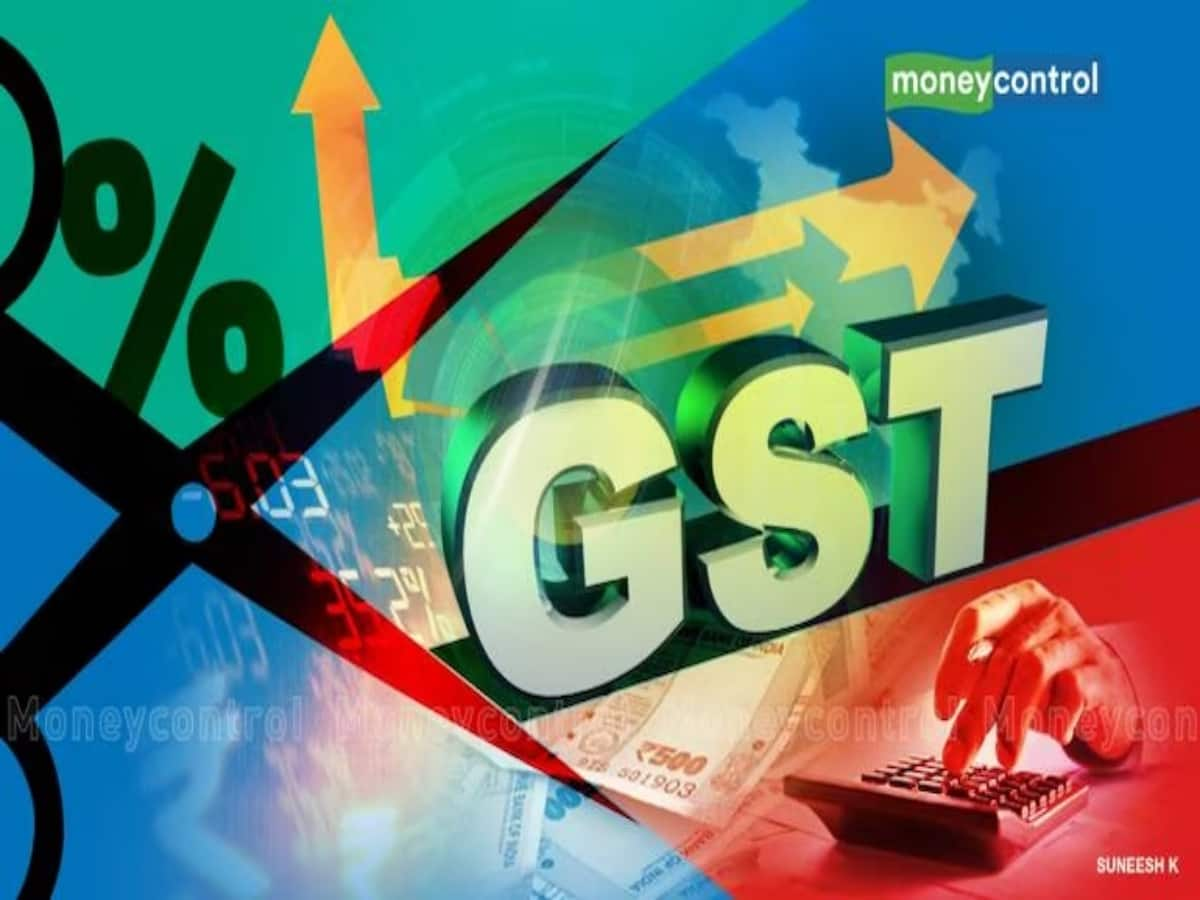Significant Rise in GST Evasion Cases in FY 2024
The Directorate General of GST Intelligence (DGGI) has uncovered alarming levels of GST evasion in the financial year 2024, with a staggering 6,084 cases totalling a loss of Rs 2.01 lakh crore. This marks a significant increase compared to the previous fiscal year, 2022-23, where the agency identified 4,872 cases amounting to Rs 1.01 lakh crore. The sharp rise in overall evasion highlights the urgent need for improved compliance and monitoring measures within various sectors.
Key Sectors Involved in GST Evasion
During its extensive investigations, the DGGI pinpointed several sectors with the highest instances of tax evasion. The findings reveal that the online gaming industry is currently facing the most significant scrutiny, with the DGGI reporting a staggering Rs 81,875 crore of evasion across just 78 identified cases. Following closely is the banking, financial services, and insurance (BFSI) sector, where the agency detected 171 cases of tax evasion amounting to Rs 18,961 crore. Other notable sectors involved include:
| Sector | Number of Evasion Cases | Amount of Evasion (Rs crore) |
|---|---|---|
| Online Gaming | 78 | 81,875 |
| BFSI Services | 171 | 18,961 |
| Metals (Iron, Copper, Scrap, Alloys) | 1,976 | 16,806 |
| Pan Masala, Tobacco, Cigarettes, and Bidis | 212 | 5,794 |
Trends in Voluntary Tax Payments
An encouraging trend amidst the rising evasion statistics is the increase in voluntary tax payments. In the fiscal year 2023-24, voluntary contributions amounted to Rs 26,605 crore, which marks a notable rise from the Rs 20,713 crore reported in the previous year. This increase reflects a growing awareness among taxpayers about the importance of compliance with tax responsibilities.
Details of Tax Evasion Techniques
The DGGI’s annual report illustrates that roughly 46% of tax evasion cases stem from non-payment of taxes, often through secret supplies and under-assessment practices. Additionally, fraudulent activities surrounding input tax credit (ITC) represent a significant portion of the evasion, with 20% of the cases linked to fake ITC claims, and 19% connected to wrongful availment of ITC.
Conclusion
The DGGI’s findings underscore the urgent need for heightened vigilance and accountability within the identified sectors. As GST compliance becomes increasingly crucial for the sustainability of the economy, stakeholders must collaborate to address the challenges related to tax evasion and foster a culture of tax compliance. Given the substantial amounts involved, both the government and businesses stand to benefit from a more transparent and accountable tax environment.












